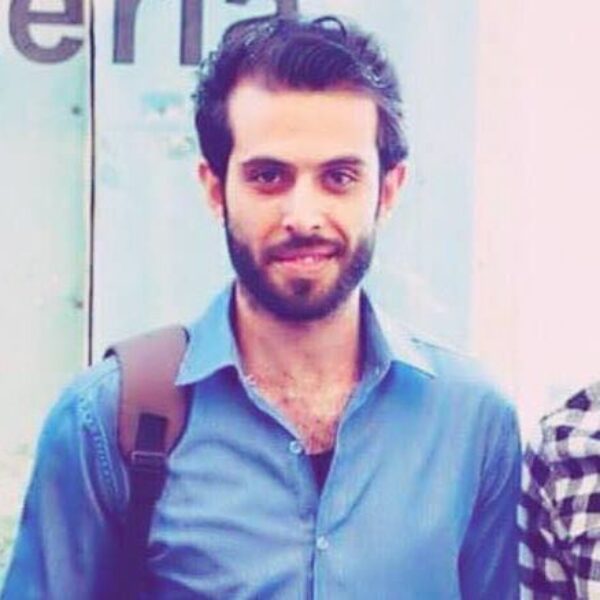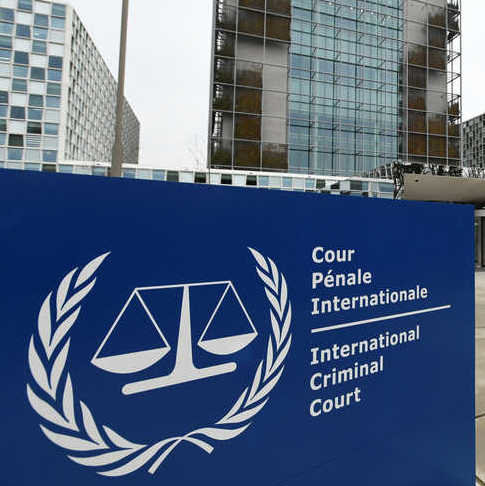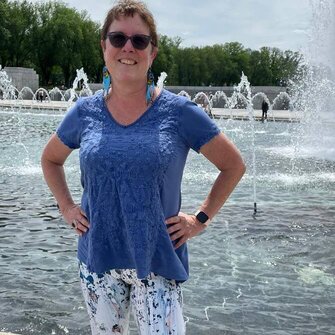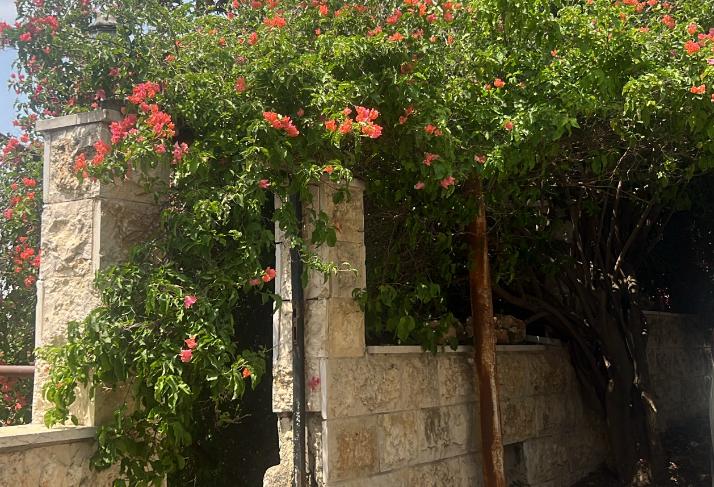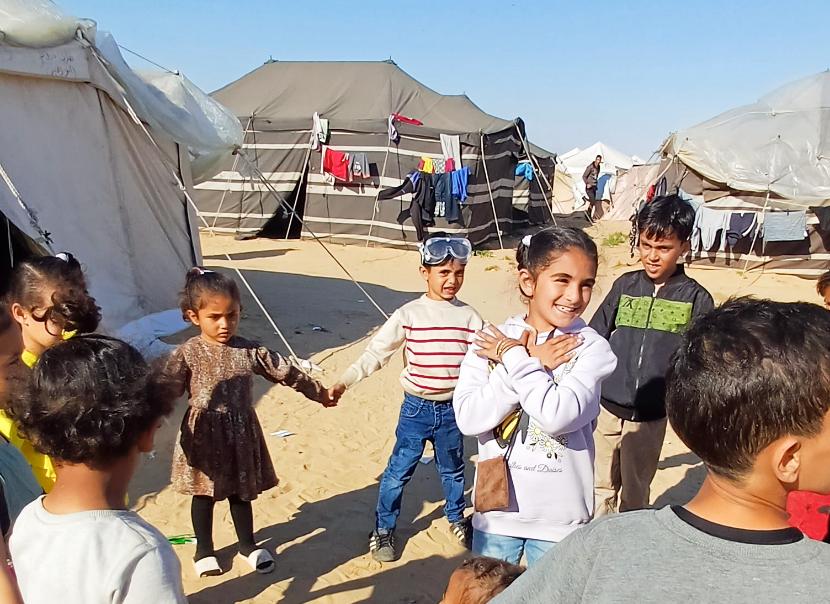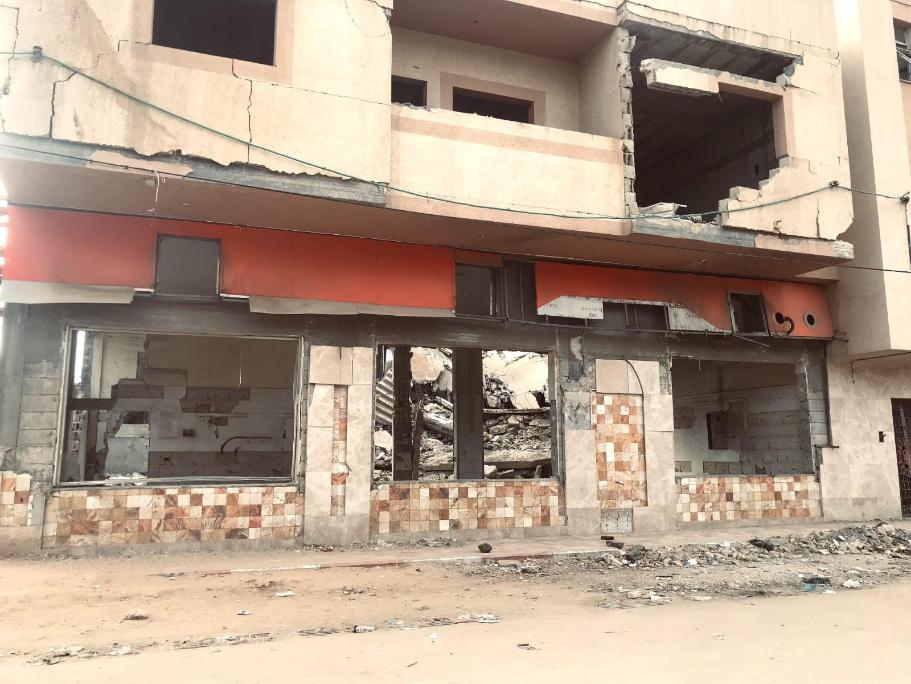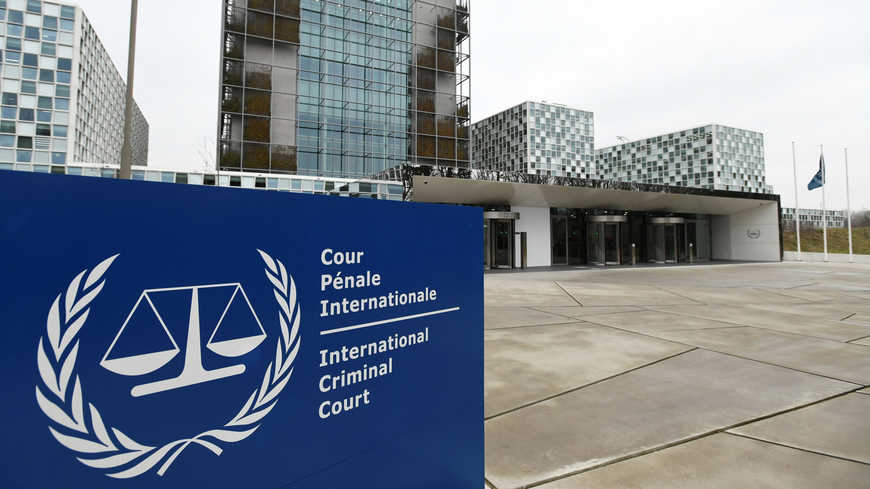
Activist groups around the world heralded the Dec. 20 announcement by chief prosecutor for the International Criminal Court (ICC) Fatou Bensouda, who said, “I am satisfied that war crimes have been or are being committed in the West Bank, including East Jerusalem, and the Gaza Strip.” Pending confirmation from the court that it has jurisdiction over the Palestinian territories, Bensouda recommended the ICC pursue a full investigation.
However, Palestinians literally confined to those territories by the Israeli blockade are more skeptical — if not outright dismissive.
“[An investigation] is all about reliving the pain, the harsh memories, over and over again,” said Majdi Wahdan, who lost 12 members of his family — including his parents and two sisters — in the 2014 Israeli war on Gaza. “But nothing will happen; it will produce another report and the world will move on. International law never ends up changing anything on the ground.”
Wahdan, 36, used to support his extended family, including his own three children, by farming. But his land is close to the Israel border and he’s concluded it’s simply too unsafe. Now, he is dependent on aid. After the 2014 war, he sought help from many human rights organizations, to no avail. Even surviving relatives who needed medical care outside Gaza were not able to obtain permission.
The ICC’s office of the prosecutor launched its preliminary review on Jan. 16, 2015, shortly after Palestinian authorities recognized the jurisdiction of the court and only months after the conclusion of the 50-day assault that killed 2,251 Gazans and wounded more than 10,500.
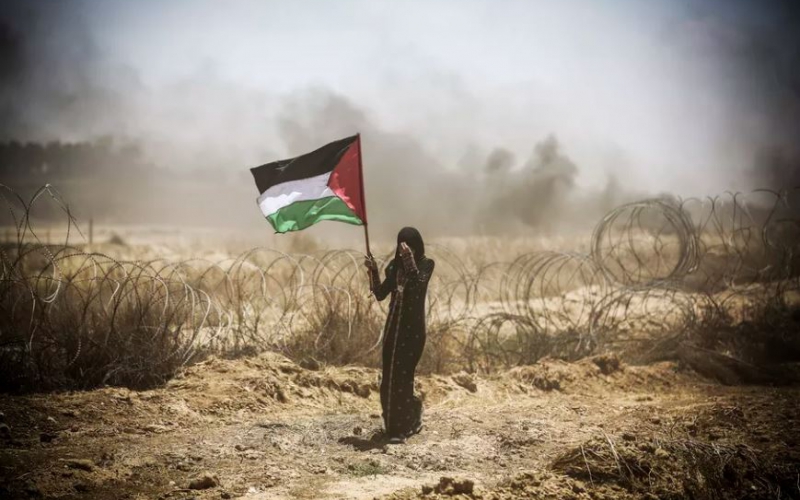
The day Wahdan’s life changed forever, he had already fled with his wife and children to a UN school for safety. However, the rest of his relatives had not yet left and were still gathering belongings in their home in northern Beit Hanoun when several Israeli missiles struck, bringing the building down around them.
“Even if we are able to sue Israel for its crimes against us, which I doubt, whatever paltry sum we win will not give me back my family. They are all gone,” Wahdan told Al-Monitor.
Ramy Abdu, assistant professor of law and finance and founder and chairman of the Euro-Mediterranean Human Rights Monitor, agrees that what happens next after Bensouda’s announcement will be a severe test of international law. What should happen, he says — if the example of Global South politicians brought to justice is followed — is the perpetrators of war crimes are brought to court.
“If Israelis are found guilty of war crimes and crimes against humanity against Palestinians, the Israeli government must be forced to bring them to court to be tried, regardless of their positions,” Abdu warned. “[Ideally,] material compensation should be awarded to the victims. Concrete actions like these would deter the Israeli government from committing further crimes and would give hope to Palestinians that international law can actually be used to achieve justice for them,” he told Al-Monitor.
For example, the ICC has ordered reparations for victims in the cases of three war criminals: Ahmad Al Faqi Al Mahdi, a member of the Ansar Dine militia in Mali; Germain Kitanga, a leader of the Patriotic Resistance Force in Ituri, an armed group in the Democratic Republic of the Congo (DRC); and Thomas Lubanga Dyilo, founder and leader of the Union of Congolese Patriots and the first person to be convicted by the ICC.
Mukhaimer Abu Saada, a professor of political studies at Gaza’s Al-Azhar University, agrees with Abdu that there is a discrepancy between the international community’s actions toward countries in regions such as Africa versus those against superpower allies such as Israel. Since the court was formally established in 2002, the ICC has initiated full investigations in Burundi, the Central African Republic, Cote d'Ivoire, Sudan, the DRC, Georgia, Kenya, Libya, Mali, Uganda and Bangladesh/Myanmar.
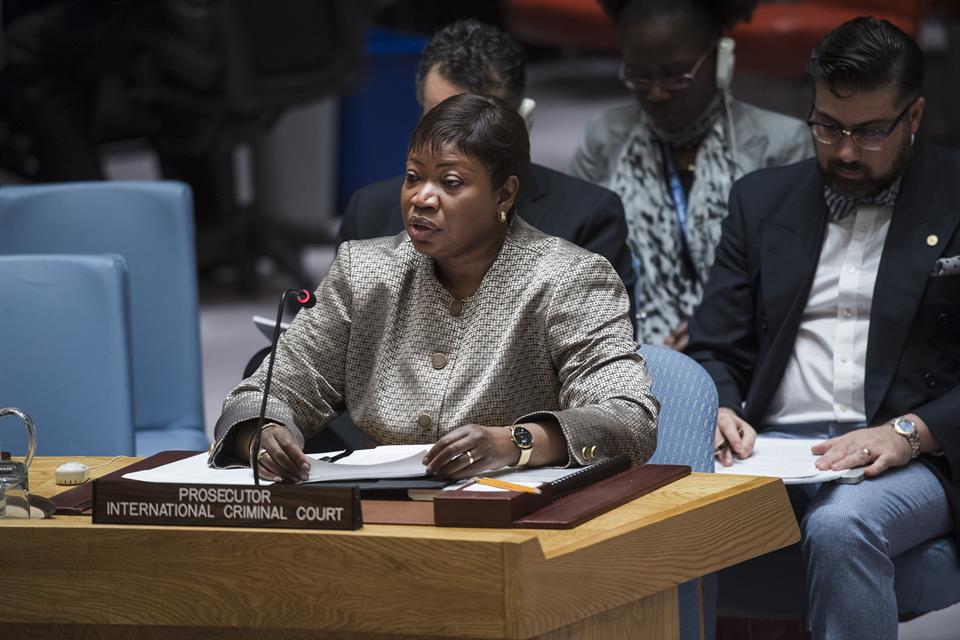
According to the ICC website, the ICC is currently conducting nine investigations; five have been closed without further action. Meanwhile, 12 cases have progressed to the pre-trial stage, four trials are in progress, two judgments are being appealed and five cases went to litigation but were later closed. There have been three convictions resulting in orders for reparations or compensation.
Preliminary investigations, such as the review just completed for Palestine, are currently ongoing in Afghanistan, Colombia, Guinea, Iraq, Nigeria, the Philippines, Ukraine and Venezuela.
There is a history of government officials being indicted, such as Mohammed Hussein Ali, commissioner of the Kenya police; Omar al-Bashir, president of Sudan; and Moammar Gadhafi, former leader of Libya. But only in the case of Iraq have officials from a “power” country (in this case, the UK) been investigated as well for the killing of civilians. While a panel of court judges rejected Bensouda’s recommendation to investigate war crimes in Afghanistan (which could include those perpetrated by US forces), an appeal chamber is reconsidering. The US government retaliated by revoking Bensouda’s visa.
“There are a lot of reasons for Palestinians to lack trust in the international community’s willingness to enforce international law. However, whether or not Palestinians have faith in international law, [an ICC ruling] is a way to strike another blow against Israel and one of the lower-cost ways to do it. But regardless, the action of Fatou Bensouda will have some effect. It has already,” Abu Saada told Al-Monitor, referring to Israeli Foreign Minister Yisrael Katz’s reference Dec. 22, 2019, to the ICC review when he halted evacuation of the Palestinian village of Khan al-Ahmar.
That may very well be true. But those who have paid the highest price are the most skeptical. Atia Darwish, a photojournalist shot in his left eye by an Israeli tear gas bomb Dec. 14, 2018 — robbing him of sight and causing partial hearing loss — is one of them.
“I tried to prosecute Israel over my wound; I’m a journalist and the law should protect me. There was no reason to target me while I was doing my job,” he told Al-Monitor. “But human rights organizations and other [nongovernmental organizations] in Gaza were not able to bring Israel to court. But if there was really a chance to sue Israel I would go forward in a minute.”
First published by the Al-Monitor.

